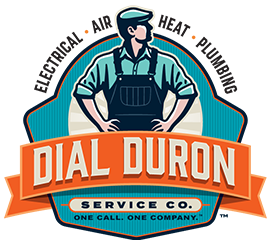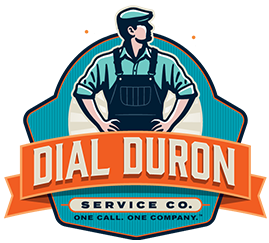A minor issue with your Ponce Inlet, Florida, home’s HVAC system, such as a dirty air filter or a leak in your ductwork, could become expensive and inconvenient without prompt repairs. You could even have to replace your heat pump. If you notice bad smells, strange noises, an uncomfortable home, or high utility bills, you should contact an expert such as Dial Plumbing and Air Conditioning Inc. as soon as possible.
Bad Smells
If your house has a rotting, stale, or musty scent, your HVAC system’s ducts, air filter, or other components could have biological growth. This can cause asthma or allergy symptoms, rashes, eye irritation, sore throats, and other health issues for you and your family members. You could also have water damage from a leaking pipe or a broken water heater. Replace your air filter, and then get your ducts inspected by a professional if the smell doesn’t go away.
If there’s a burning odor that lasts more than an hour or two, shut off your heat pump and have it checked. Your HVAC system might be overheating, or you could have faulty wiring or dirty ductwork. A temporary burning smell when you start using the heat in winter means some of the dust on your system is burning off, but it shouldn’t last long or impact your indoor air quality.
Unusual Noises
You might hear air moving through your ductwork, some rattling from a loose screw, or an occasional click when your heat pump turns on and off. You could notice an intermittent pop from your ducts expanding or contracting, as well. However, your system should be fairly quiet most of the time. Screeching, whistling, or grinding sounds could mean you have a leak in one of your ducts or that your system’s motor needs oil.
Buzzing or scurrying noises often indicate the presence of pests, such as roaches, in your ductwork. In this scenario, an exterminator should check your home. If they need to use pesticides, make sure you have your ducts professionally cleaned afterward to remove any chemicals or pest droppings. If your heat pump comes on and off frequently, it could have more capacity than your home needs. It could also be overheating and shutting off automatically.
An Uncomfortable Home
A clogged air filter, dirty or leaky ductwork, or other problems could lower your heat pump’s airflow and make many rooms in your house feel hot in summer and chilly in winter. Warm or cool areas could also come from an air register that’s blocked by furniture or carpeting, a malfunctioning thermostat, an undersized air conditioner, a refrigerant leak, or faulty or inadequate insulation. These issues can increase wear and tear, shortening your HVAC system’s lifespan and making inconvenient breakdowns more likely. They can also raise dust levels on your furniture and floors.
Your thermostat should be near the center of your home, away from direct sunlight or outer walls. If your heat pump isn’t working as well as it does normally, get help from a professional.
High Utility Bills
Rising power bills could be another sign you have one of these issues. Your heat pump could also be failing, especially if it’s more than around 15 years old. Getting the repairs your system needs or installing a new one can eventually pay for itself by lowering your monthly expenses. It will also make your house more comfortable. You can even increase the value of your home by upgrading your heat pump to a more advanced, efficient model. Better efficiency also extends your system’s life by reducing wear.
Dial Plumbing and Air Conditioning Inc. has more than 50 years of plumbing, indoor air quality, heating, and air conditioning experience. We’re a Trane Comfort Specialist, we have an A-plus rating with the Better Business Bureau, and we can help you keep your heat pump working well. For stellar customer service from our experienced technicians, call us anytime at (321) 341-3625. We guarantee 100% satisfaction from all our customers, and we provide free estimates and a five-year warranty for our labor.

